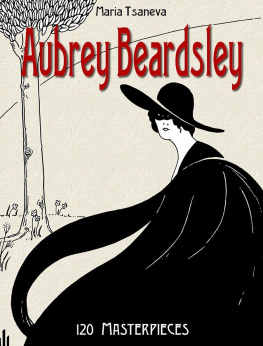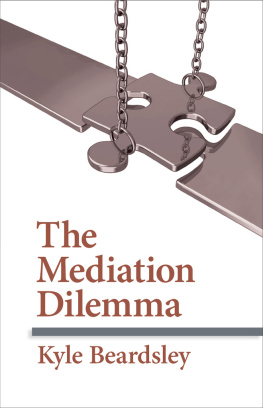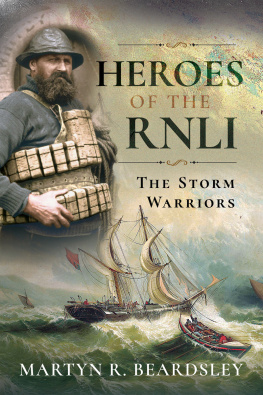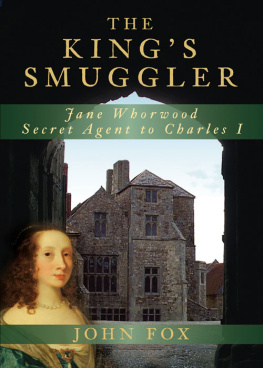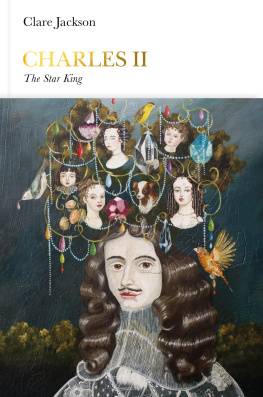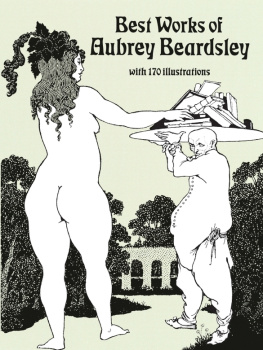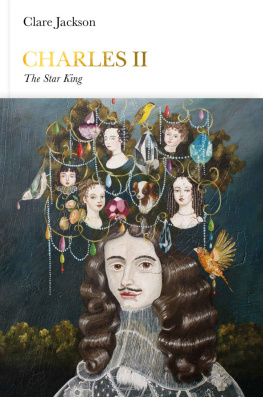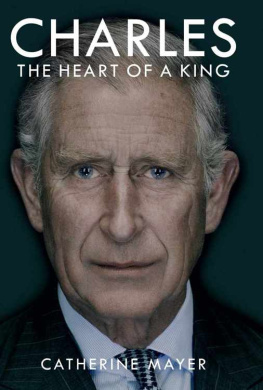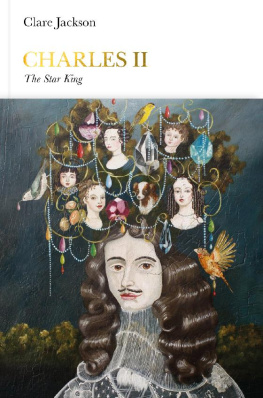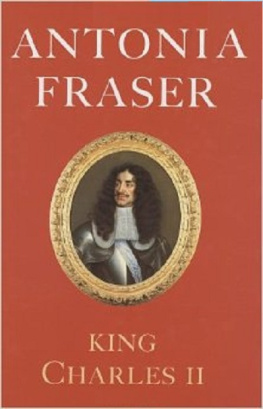CHARLES II
and
HIS ESCAPE INTO EXILE
CAPTURE the KING
CHARLES II
and
HIS ESCAPE INTO EXILE
CAPTURE the KING
MARTYN R. BEARDSLEY
First published in Great Britain in 2019 by
PEN AND SWORD HISTORY
an imprint of
Pen and Sword Books Ltd
Yorkshire Philadelphia
Copyright Martyn R Beardsley, 2019
ISBN 978 1 52672 5721
ePUB ISBN 978 1 52672 5738
Mobi ISBN 978 1 52672 5745
The right of Martyn R Beardsley to be identified as the author of this work has been asserted by him in accordance with the Copyright, Designs and Patents Act 1988.
A CIP record for this book is available from the British Library
All rights reserved. No part of this book may be reproduced or transmitted in any form or by any means, electronic or mechanical including photocopying, recording or by any information storage and retrieval system, without permission from the Publisher in writing.
Pen & Sword Books Ltd incorporates the imprints of Pen & Sword Archaeology, Atlas, Aviation, Battleground, Discovery, Family History, History, Maritime, Military, Naval, Politics, Railways, Select, Social History, Transport, True Crime, Claymore Press, Frontline Books, Leo Cooper, Praetorian Press, Remember When, Seaforth Publishing and Wharncliffe.
For a complete list of Pen & Sword titles please contact
PEN & SWORD BOOKS LIMITED
47 Church Street, Barnsley, South Yorkshire, S70 2AS, England
E-mail:
Website: www.pen-and-sword.co.uk
Or
PEN AND SWORD BOOKS
1950 Lawrence Rd, Havertown, PA 19083, USA
E-mail:
Website:
Acknowledgements
I would like to thank two people who have walked in Charles footsteps (or at least some of them) and kindly allowed me to use photographs they have taken along the way, and one group that provides the guidance to enable others to do the same. Gillian Bagwell has written a fictionalised account of Jane Lanes part in Charles journey called The Kings Mistress and has explored many of the places that feature in the story. Some of her photographs appear in this book, and many other fascinating ones can be found on her blog Jane Lane & the Royal Miracle www.theroyalmiracle.blogspot.com Lucy Griffiths leads guided walks in the West Midlands and has trodden some of the same lanes as Charles and his companions in that part of the world. Again, she has kindly allowed me to use some of the pictures she took, more of which can be found on her blog: www.lucys-wednesday-walks.blogspot.com.
The map of Charles route appears courtesy of the Monarchs Way Association. The Monarchs Way is long distance walk of 625 miles using footpaths and bridleways, closely following the route taken by Charles and taking in historic sites and buildings, two World Heritage Sites, one national park and six Areas of Outstanding Natural Beauty. The route is described in detail in three books by Trevor Antill, available only through the website www.monarchsway.50megs.com.
Finally, I would like to give a mention to my copy editor at Pen and Sword, Carol Trow, who is always a pleasure to work with and whose beady eye has helped to make both this book and my previous one (The Gunpowder Plot Deceit) into a much better finished article than I could have achieved alone.
Martyn Beardsley
Nottingham
February 2019
Introduction
The story begins in the George Inn, Mere, Wiltshire. Not King Charles story, I hasten to add, but my own journey involving the researching and writing of this book. Although Mere is not my home town, its a place I visit often and know well. I soon noticed that they make a big thing of Charles II in the George, including the displaying of a map of the route he took during his escape into exile after the Battle of Worcester in 1651, a King Charles room, and, in one passageway, a rather surreal stone staircase fragment, embedded in a wall, commencing at about shoulder height, and rising for only about three or four steps before meeting more solid wall.
I later learned that although the George is a genuinely old building, this was just about the only remaining internal feature from the time of Charles sojourn, hence the way it has been preserved and left exposed despite no longer serving any practical purpose. But I wasnt aware of any of this during my first forays to this quaint, friendly pub about twenty miles west of Stonehenge (another place Charles visited); I cynically assumed that all this King Charles business was just a ploy to attract the travellers and tourists who tend to call at Mere to take a break from their journeys along the A303. But when I got round to investigating it, I discovered that not only was I wrong Charles really did visit the George but that the whole of his flight through England in search of a vessel to take him to France was more interesting, and at times dramatic and exciting, than I had imagined.
Some of the sources for what we know of Charles odyssey contradict each other on certain points or dates, albeit mostly in relatively minor ways its acknowledged that even Charles own account contains numerous errors so I have done my best to recreate his passage through England by selecting and piecing together what seemed to me the most likely version in each such case. I havent been afraid to incorporate stories from local tradition where they seemed to fit in with the known facts as related by those who were directly or indirectly involved in the escape. I have only included dialogue which appears to be genuine and handed down by Charles or other contemporary, reliable sources which brings me onto another point about historical veracity.
I want to stress that Im very much against fictional non-fiction, that is, where authors basically make up stuff: what historical figures said or were thinking, what their facial expressions or body language looked like in a particular situation, and so on. This style, which sadly seems have become more common in recent years, is used by writers to give a factual account a more novelistic feel, presumably in the hope that it will have the effect of making their work will read more like a thriller and be more entertaining. Which it sometimes does other than when, all too often, it reads like second-rate fiction! But either way, it is historically dishonest, even slightly desperate. More importantly, it means that there will be times when readers cant be sure whether Person A really did feel a tingle run down his spine or Villain B actually did glare at our hero with an evil glint in his eye and a snarl on his lips. Is it a matter of record, or has the author invented it to sex up the scene? You might say that it mostly doesnt really matter; but inmy experience it creates a scenario where, sometimes even at important moments, we arent sure whether or not literary licence is being employed a far from ideal situation.


